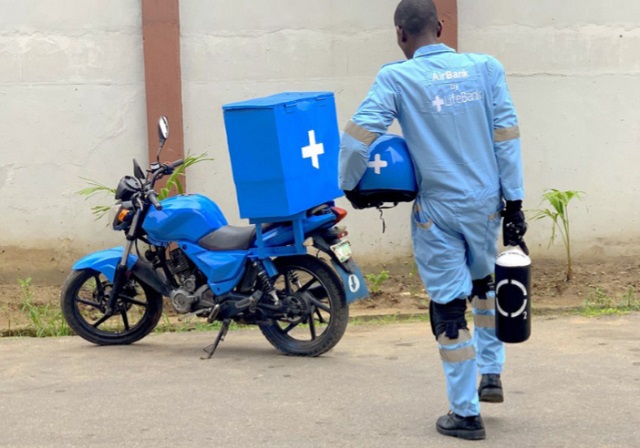
Africa also needs urban innovation groups such as Uber actively reimagining its emerging cities and their slums
| Jonathan Hursh & Emmanuel Adegboye | By the end of the century, it is estimated that 13 of the world’s 20 largest cities will be in Africa – and none of them will be in the Americas, China, or Europe.
More than half the world’s population lives in cities and sub-Saharan Africa is urbanising faster than anywhere else on the planet. Sub-Saharan Africa has an average urban growth rate of 4.1% a year, over double the global average. Most of the growth occurs in informal slums in which about half of Africa’s urban population already lives.
While it is clear that Africa’s future is urban, much more needs to be done to shape the evolution of its cities, foster collaboration among stakeholders and fund its urban infrastructure. Globally, urban start-ups like Uber and Airbnb are drawing in billions of dollars in venture capital while organisations like Sidewalk Labs, URBAN-X and Urban Us are changing cities and helping to scale urban innovations across North America. Africa also needs urban innovation groups actively reimagining its emerging cities and their slums. We aim to establish urban venture studios – CITYLabs – in Lagos and Nairobi, and to launch a 2020 Africa Megacity Prize to catalyse the African urban innovation ecosystem.
We define urban innovations as those making cities better for the many, not just the few. This could be in terms of service or product innovations across different sectors, productivity gains, and cost savings or revenue-generation opportunities, as long as they have a significant impact on the lives of city dwellers across Africa. We are spotlighting some companies that are already making a significant impact and we have prioritized companies that are considered high-potential, headquartered in Africa and with a primary focus on Africa.
Here are some of the start-ups shaping the future of cities across the continent.
Max.ng
Max.ng is a motorcycle taxi service operating in three Nigerian cities. It has completed over 1,000,000 rides and is one of Jumia’s largest delivery partners in West Africa. There are tremendous opportunities for motorcycle taxi services in Africa due to inefficiencies in mass transit and growing urban populations. Their model provides safe and affordable transportation by offering trained, accountable drivers and the convenience of booking rides through a mobile app. They recently announced $7 million in funding and are the only motorcycle taxi service positioning themselves for Africa’s electric vehicle future by investing in infrastructure for solar charging stations. This could potentially revolutionise urban mobility as they plan to expand to 10 West African cities.
Twiga Foods
Food prices are over 30% higher in sub-Saharan Africa than prices in the rest of the world at comparable GDP levels per capita. Much of this is due to inefficiencies in supply chains and farming practices. Twiga Foods is a digital marketplace that lets grocers in cities order farm produce from smallholder farmers in rural areas across Kenya and have it delivered at competitive prices. This eliminates the inefficiencies of sourcing mostly perishable foods daily, while guaranteeing farmers consistent income and timely payments. According to a recent report, Twiga Foods is the largest domestic distributor of food produce in Kenya, servicing 10,000 vendors in Nairobi and neighbouring counties through a network of 13,000 farmers.
 The Independent Uganda: You get the Truth we Pay the Price
The Independent Uganda: You get the Truth we Pay the Price


